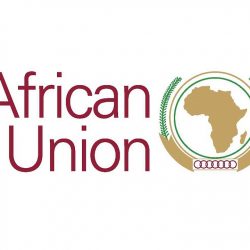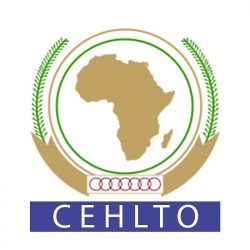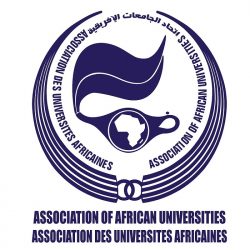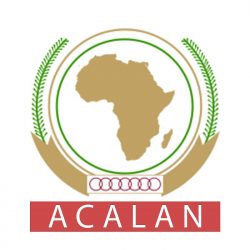GAIKA (NGQIKA)
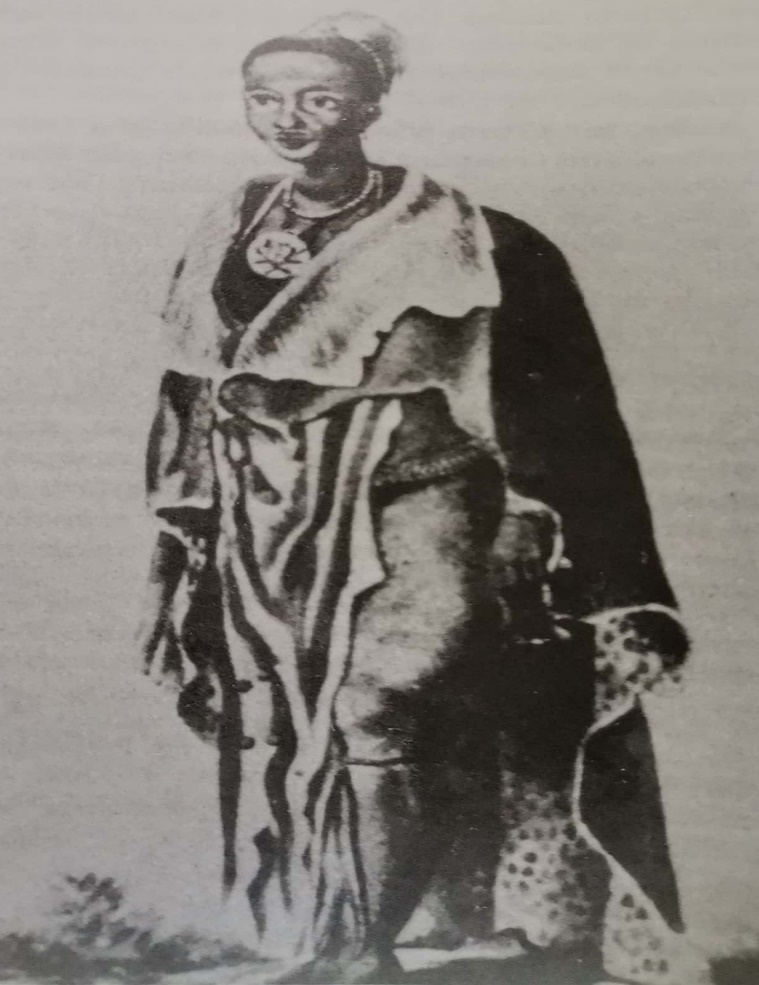
NGQIKA Ngqika (Gaika) (circa 1776-1829) was the paramount chief of the Rarabe Xhosa during a period of power struggle. Ngqika came to the chieftainship of the southern Xhosa on the death of his grandfather Rarable in about 1787. At first, his uncle Ndlambe (q.v.) acted as regent, until Nqika imprisoned him. Ndlambe escaped across the […]
MATTHEWS, ZACHARIAH KEODIRELANG
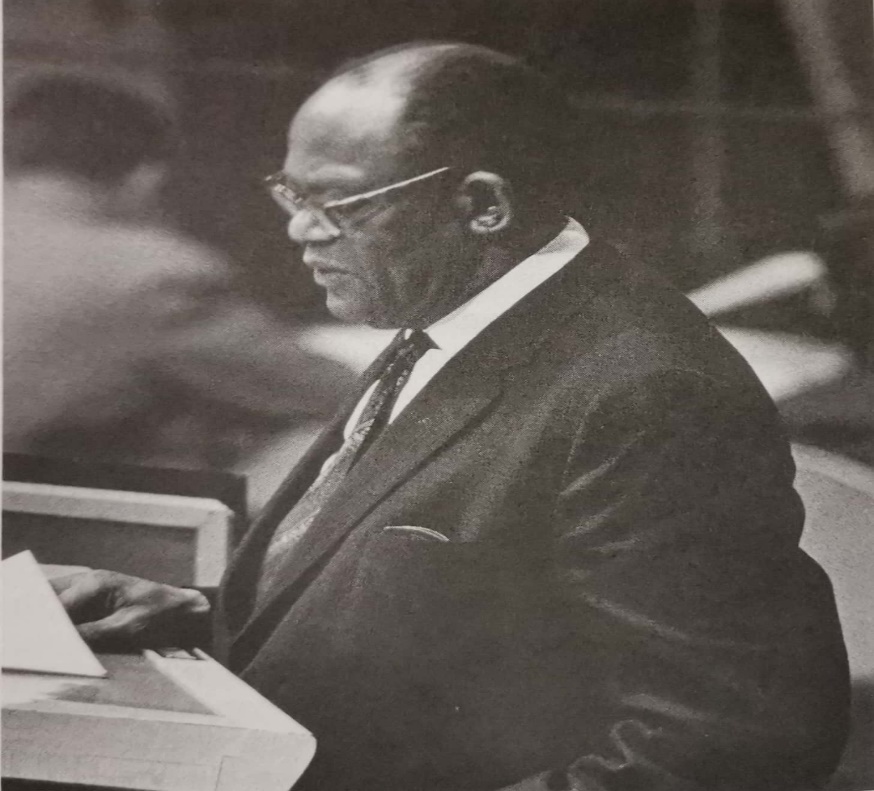
ZACHARIAH KEODIRELANG MATTHEWS Zachariah Keodirelang Matthews (Kimberley, South Africa, 1901-Washington, D.C., November 5, 1968) was a scholar, politician, and diplomat. A miner’s son, he was educated at Lovedale High School in South Africa. He was the first African to graduate from the University of Fort Hare and the first African in South Africa to graduate […]
MBANDZENI (DLAMINI IV)
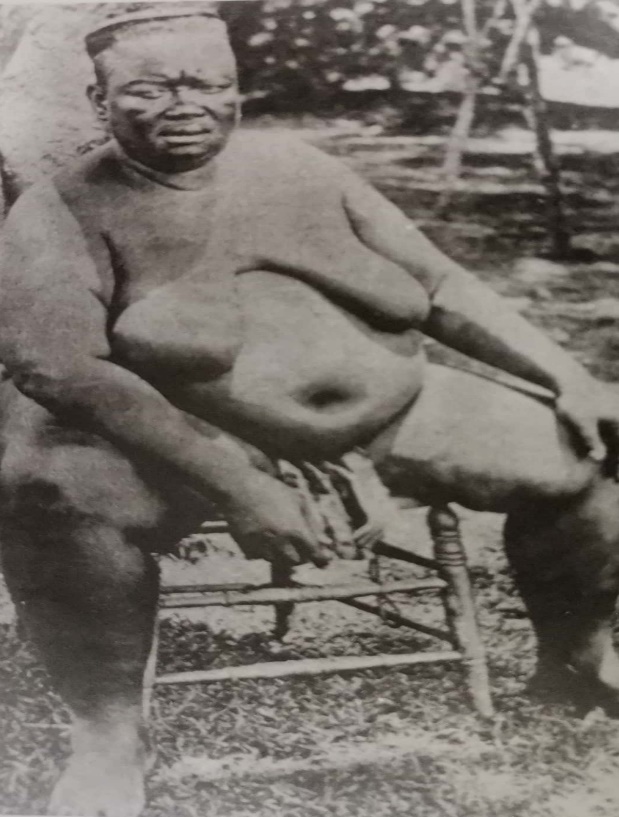
MBANDZENI (DLAMINI IV) Mbandzeni or Dlamini IV (1858-1889) became King of the Swazi in 1874; it was during his reign that much Swazi land was lost to the Boers in concessions. Mbandzeni’s royal capital was at Embekelweni. After the death of the previous king, Ludonga, the Royal Council (Liqoqo) met and decided to ask Sisile […]
DUNCAN, PATRICK
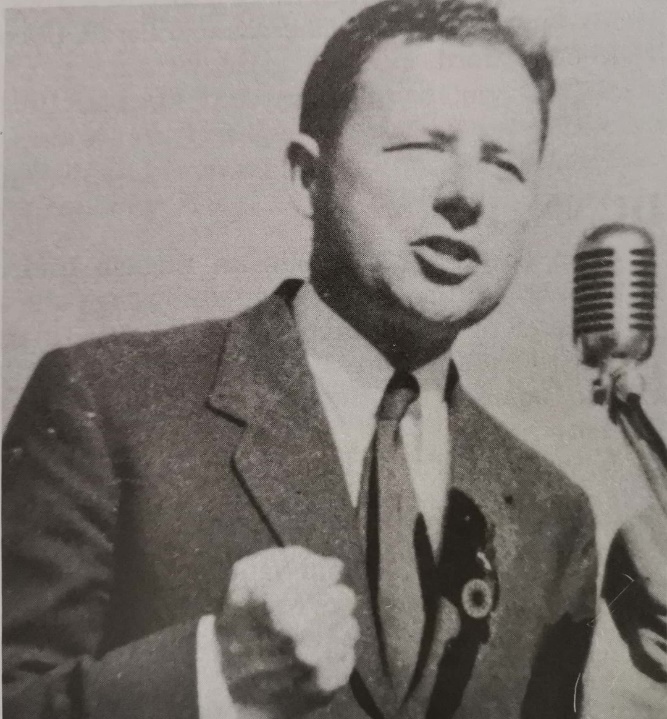
SIR PATRICK DUNCAN Sir Patrick Duncan (December 1870-July 17, 1943), lawyer and administrator, played a role in the formation of the Union of South Africa. He later became the first South African citizen to hold the office of governor general. He was born in Aberdeenshire, Scotland, was educated at Edinburgh University, and later at Balliol […]
CETSHWAYO
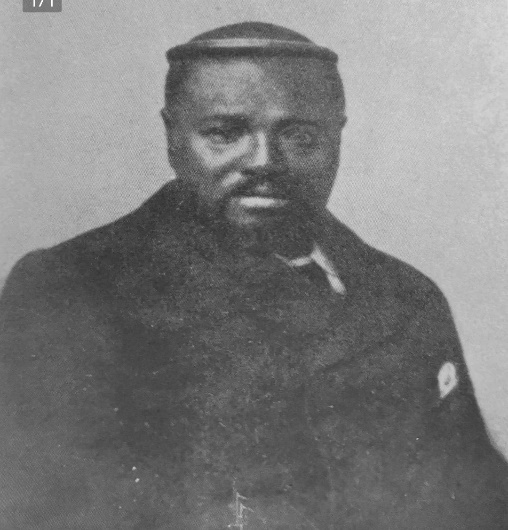
CETSHWAYO Cetshwayo (circa 1826-February 8, 1884) was the fourth Zulu king and the last independent ruler of Zululand. He reigned from 1873-1979. He was a strong military leader. Following his defeat by British forces in 1879 he was deposed, and although briefly reinstated, never regained his former power. Cetshwayo was the eldest son of king […]
